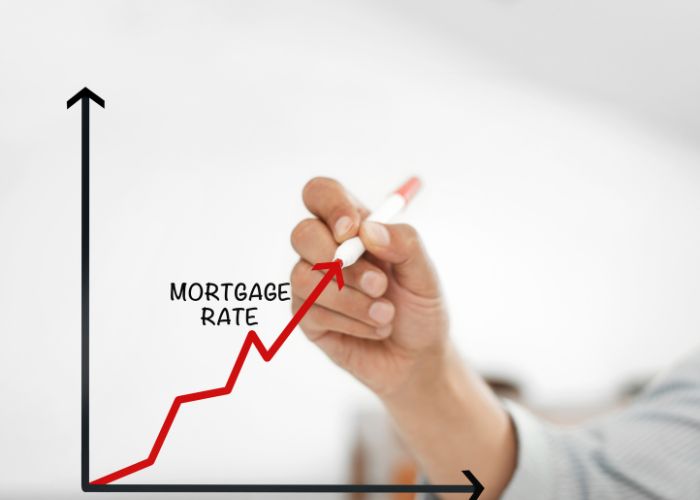MADRID – For the first time since 2008 and the collapse of the real estate bubble, the Euribor is above 3.625%. That pushes people with a variable mortgage or who want to take out a mortgage even further into a corner.
The Euribor ended January at 3.33% and this Wednesday, February 22, exceeded 3.6% to 3.625%, the highest since December 2008. As a result, the provisional monthly average for this month remains at 3.5%. People with a mortgage will therefore have another increase in their monthly amount if they have to review it at the end of the month. Anyone who is assessed just this month before taking out a mortgage will also experience the consequences of the rise in this interest rate at which a large number of European banks provide each other with loans in euros.
For example, anyone who subscribes to a variable amount of €180,000 over 25 years, with a differential of Euribor +1%, goes from paying a fee of approximately €650 to approximately €1,000. That is, they pay an increase of about €350 per month.
See also: Euribor above 3% for the first time since 2008
Moreover, the prognosis is not rosy. Experts from Stichting Spaarbanken (Funcas) predict to CincoDías that the Euribor will continue to rise in the coming months and will remain at this level (3.51%) until the end of the year.
A little more optimistic for those who have bought a house is CaixaBank Research. It expects the 12-month Euribor 2023 to close at 3.44% and fall to 2.56% at the next rate. These forecasts could even be revised upwards. The reason? Several members of the European Central Bank (ECB) have indicated that interest rate hikes will not stop until inflation has stabilised.
Economic activity will remain “weak”.
President Christine Lagarde warned the European Parliament a week ago that economic activity will remain “weak”. It also confirmed that it will raise interest rates another half point at the March meeting to contain inflation.
A further rise in Euribor is imminent
Fabio Panetta, a member of the ECB’s Executive Committee, warned that the measures are taken by various governments to help the population against inflation further increase the risk of a further rise in the Euribor. In his view, the monetary authority should do everything possible to contain the inflationary period, both in terms of intensity and duration. If fiscal measures are subsequently taken that cause more inflation or prolong this crisis, the ECB will pursue an even more intense contraction policy.
Interest rates have been rising since July last year
Following the change in the ECB’s roadmap to combat inflation, the Euribor has risen sharply in recent months. Prices in Europe also shot up partly after the outbreak of the Russian invasion of Ukraine. Lagarde decided to counter this by raising interest rates from 0 to 0.5% in July. They were then increased from 0.5% to 1.25% and from 1.25% to 2%. Finally, another increase in the cash price followed by 3%.
Also read: Average mortgage in Spain in January 275 euros more expensive per month


